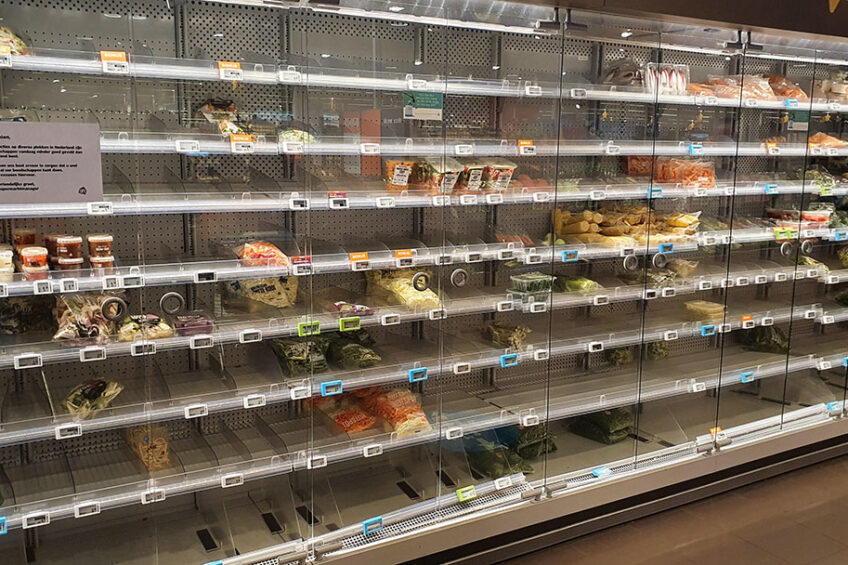Community experiences of tackling food insecurity

Research commissioned by the British Poultry Council has shown the need for a more holistic approach to putting British food back at the heart and on the tables of society.
Almost threequarters of people vulnerable to food insecurity during the Covid-19 pandemic didn’t feel that the government was “doing very much to help them”, according to the new report jointly published by the British Poultry Council (BPC) and think-tank Demos.
The Power of Food report concluded that government support for people facing food insecurity was inadequate throughout the Covid-19 pandemic and that a more holistic approach to longer-term interventions was needed.
Start the conversation
Speaking at the launch of the report, Richard Griffiths, BPC chief executive, said: “We want to start a conversation about the power of food and the role of food producers in delivering a food system that leaves no one behind. Maintaining a secure supply of food is essential to feeding the nation. We have commissioned this report to help put British food back at the heart of our society at a time when it is most needed.”
Recommendations
• An introduction by the government of funding to help tackle food insecurity by developing better and more local social infrastructure in the form of a Community Infrastructure Grant.
• Government support for direct services, such as cooking lessons, through ring-fencing public health spending for community groups that safeguard access to healthy food.
• Government to pilot a local Food Ladder Strategy to ensure all local governments have the resources to develop these inclusive spaces and pioneer different models of service.
• National and local policy food-makers to adopt a ‘Food First’ approach to tackling food insecurity, an approach that begins with providing good food alongside other opportunities to users that can help make them more food secure, for example by raising their income.
Poultry farmers face farm assurance changes
One of the largest consultations involving British farmers has resulted in a draft of new changes for poultry producers that will come into force in November. Read more…
Rose Lasko-Skinner, senior researcher at Demos and co-author, said: “It’s time the government takes a more holistic approach to tackle food insecurity in the long-term, including building social infrastructure and community relationships, to give vulnerable people the connections, access to good quality food and dignity they deserve.”













